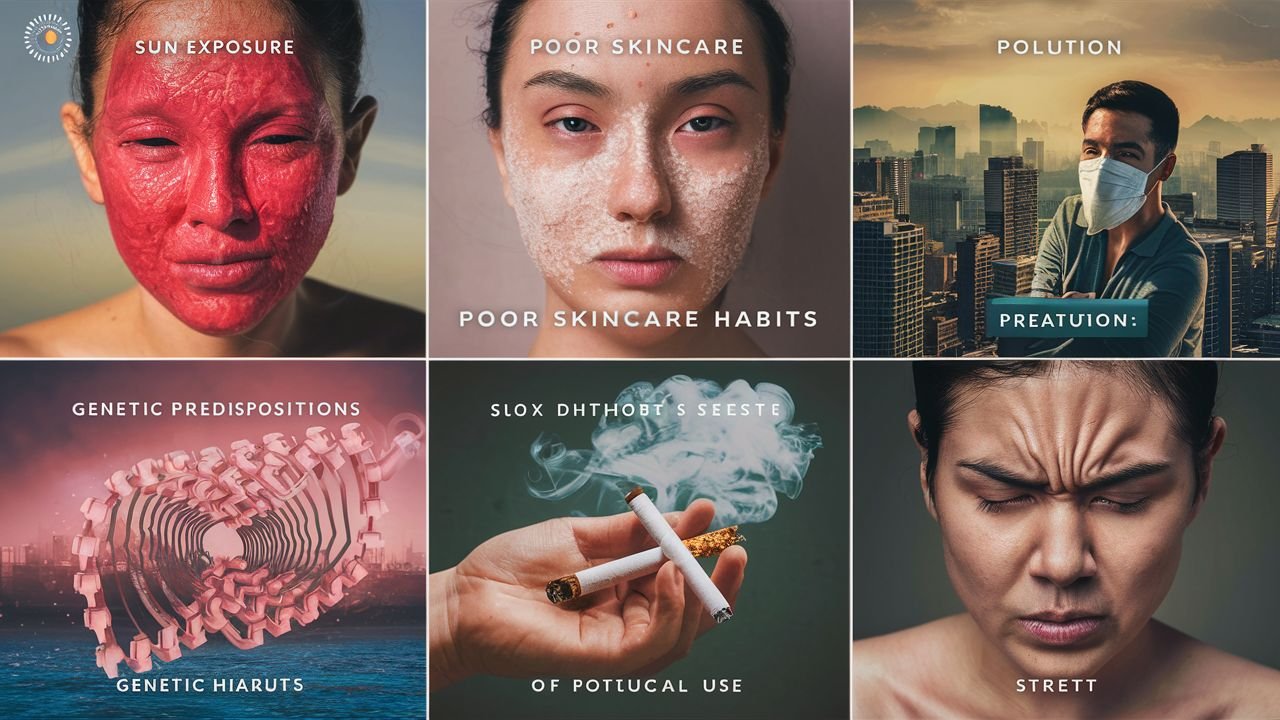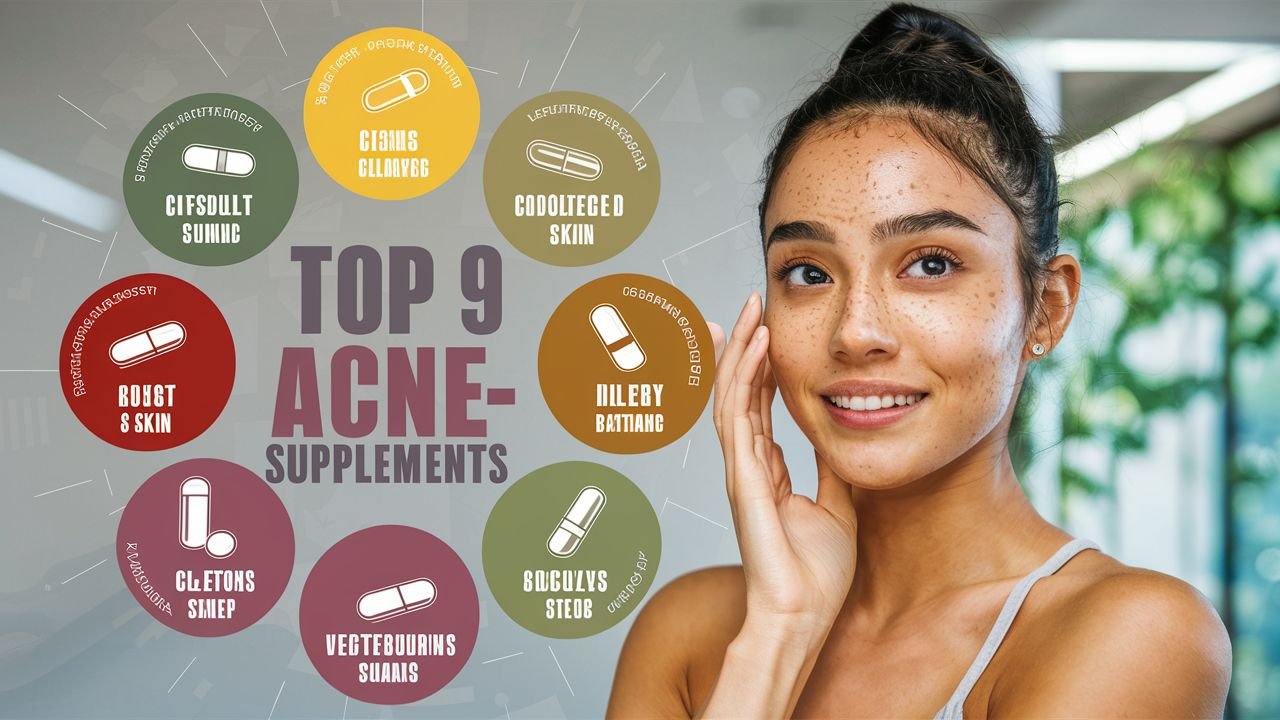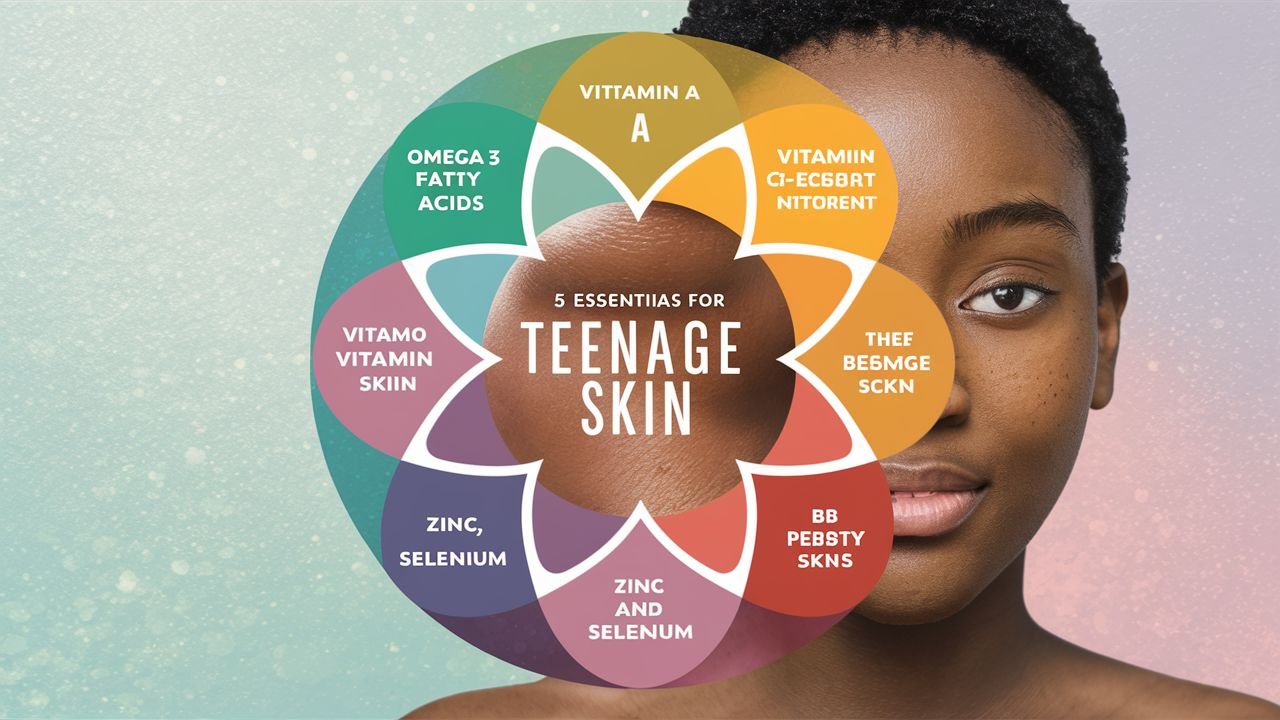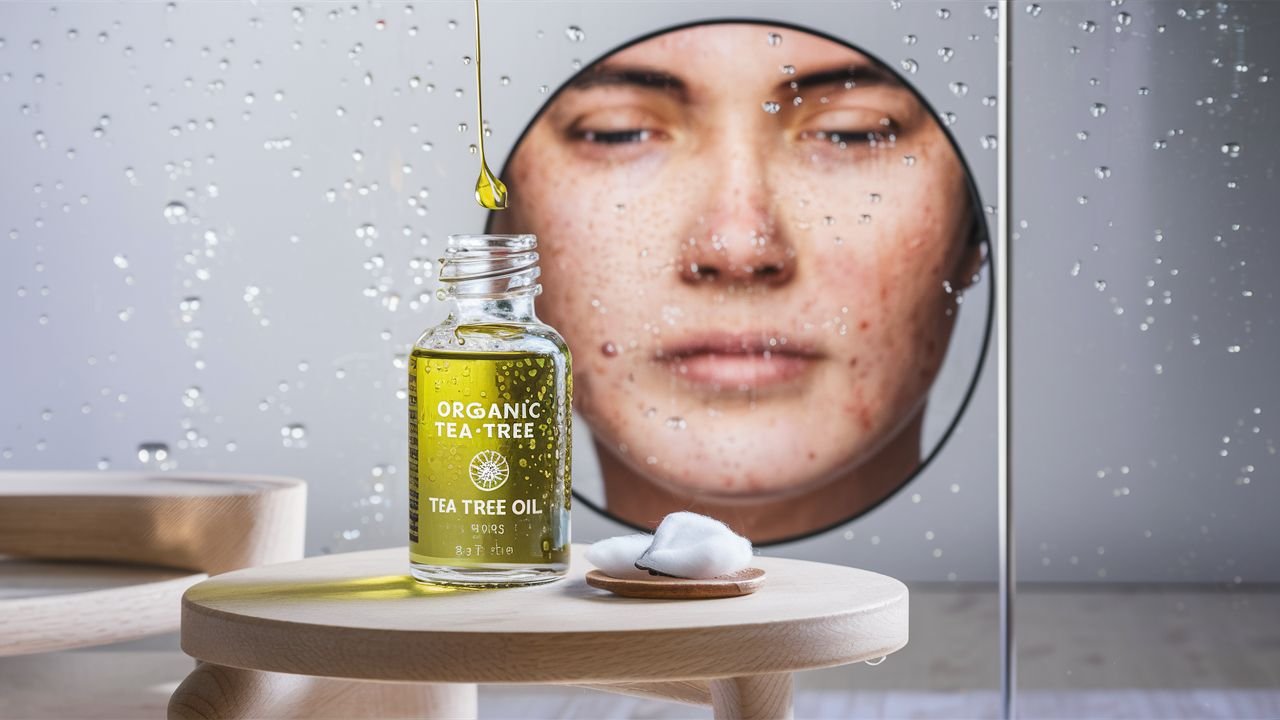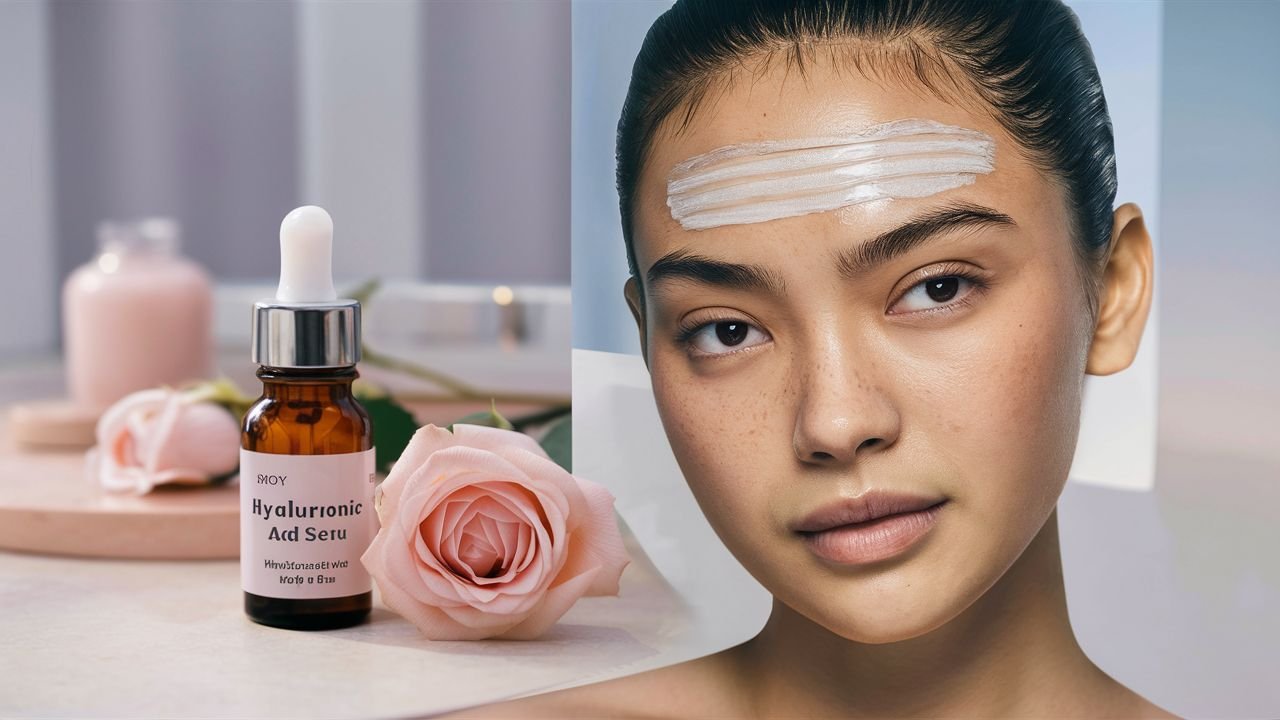Have you ever wondered how your mind affects your skin? Can psychological factors actually contribute to the development or worsening of skin conditions? The emerging field of psychodermatology explores the intricate relationship between the mind and skin, shedding light on the psychological impact that can influence our skin health.
Psychodermatology investigates the underlying connection between mental health and skin conditions, recognizing the profound influence of emotions and psychological factors on the skin. Dermatologists and psychologists are collaborating to understand the role of stress and other psychological issues in the onset and progression of skin problems, ultimately paving the way for innovative interventions to assist patients in coping with these issues.
While psychodermatology is more established in Europe, it is still gaining recognition in the United States. A few dedicated clinics and limited research funding are available, demonstrating the growing importance of this field.
Key Takeaways:
- Psychodermatology explores the relationship between the mind and skin.
- Mental health and psychological factors can impact the development and exacerbation of skin conditions.
- Dermatologists and psychologists collaborate to investigate the role of stress and psychological issues in skin problems.
- Psychodermatology is gaining recognition but is still relatively new in the United States.
- Understanding the mind-skin connection is crucial for holistic healthcare and improved outcomes for patients with skin conditions.
The Mind-Skin Connection: How Emotions Affect the Skin
The mind-skin connection is a fascinating phenomenon that highlights how emotions can significantly impact the health of our skin. When we experience intense emotions, such as embarrassment or shame, our blood vessels dilate, leading to blushing or flushing of the skin. This physical manifestation of our emotions is just one example of the mind-skin connection.
Stress and other psychological factors have also been found to have a profound impact on various skin conditions. Studies have shown that stress can worsen the symptoms of acne, rosacea, psoriasis, eczema, itching, hives, and even pain in some cases. These conditions can be directly influenced by our emotional well-being, further emphasizing the mind-skin connection.
“The mind-skin connection highlights the intricate relationship between our psychological state and the health of our skin. It underscores the importance of considering our emotional well-being in managing skin conditions.”
Furthermore, it is essential to recognize that the emotional distress caused by skin conditions can often be disproportionate to the actual severity of the condition itself. This further emphasizes the emotional impact on skin health. Many patients with skin conditions experience intense psychological distress, which can affect their quality of life and overall well-being.
Understanding the mind-skin connection provides valuable insights into the holistic care of dermatology patients. By addressing both the physical and emotional aspects of skin conditions, healthcare professionals can develop more comprehensive treatment approaches that improve overall patient outcomes.
Note: The image above visually represents the psychological impact on the skin, reinforcing the concept of the mind-skin connection.
The Role of Psychologists in Psychodermatology
Psychologists play a vital role in the field of psychodermatology, especially in the treatment of various psychodermatological disorders. These disorders encompass skin problems influenced by stress or emotional states, psychological issues arising from disfiguring skin conditions, and psychiatric disorders that manifest themselves through the skin. With their expertise in mental health care, psychologists offer valuable psychological interventions to help patients cope with the psychosocial impact of these conditions.
Psychodermatology focuses on the significant influence of psychological factors on stress-related skin disorders. Psychological interventions such as stress management, cognitive-behavioral therapy, hypnosis, and other forms of psychotherapy are employed to address the mental health aspects associated with these skin conditions.
However, the field of psychodermatology is still relatively new, and there is a need for more psychologists with specialized training in this area. Currently, only a limited number of psychologists are actively studying and providing services in psychodermatology. Increased recognition of the psychological impact on skin health and the demand for mental health care in dermatology highlight the importance of further education and training in this specialized field.
The Psychological Impact of Skin Disorders
Skin disorders can have a significant psychological impact on individuals. They can lead to lowered self-esteem and self-confidence, increased anxiety and helplessness, and even depression. Many patients with skin conditions report avoiding face-to-face contact and experiencing difficulties in social interactions. The psychological impact of a skin disorder is not always correlated with its objective severity, as even minor skin issues can have a profound psychological impact. Therefore, it is important to address both the physical and emotional aspects of skin disorders in treatment.
Prominent skin disorders, such as acne, psoriasis, and eczema, can significantly affect an individual’s self-esteem and body image. Acne, for instance, is commonly associated with adolescence and is often perceived negatively in society. People with acne may feel embarrassed, unattractive, or even stigmatized, leading to social withdrawal and diminished quality of life.
In addition to self-esteem issues, skin disorders can also trigger anxiety and depression. The visible nature of skin conditions can cause individuals to experience heightened anxiety, especially in situations where their skin is exposed or scrutinized by others. Furthermore, the chronic nature of many skin disorders, such as psoriasis or eczema, can lead to feelings of frustration, hopelessness, and helplessness, which may contribute to the development of depressive symptoms.
Skin disorders can also give rise to social phobia, where individuals may fear judgment, rejection, or embarrassment due to their skin condition. This fear can lead to avoidance of social situations, isolation, and a decrease in overall quality of life. It is crucial to recognize the interplay between skin disorders and mental health, as addressing both aspects is essential for comprehensive treatment.
In conclusion, the psychological impact of skin disorders should not be underestimated. It can significantly impact an individual’s self-esteem, anxiety levels, and overall emotional well-being. A holistic approach to treatment, addressing both the physical and emotional aspects of skin disorders, can greatly improve patients’ quality of life.”
Treating Psychodermatological Disorders: Nonpharmacological Approaches
Nonpharmacological management plays a vital role in effectively treating psychodermatological conditions. In combination with traditional dermatological approaches, various nonpharmacological interventions have proven to be effective in managing these conditions. Some of the most successful interventions include:
- Hypnosis
- Support groups
- Biofeedback
- Meditation
- Guided imagery
- Progressive muscle relaxation
- Cognitive-behavioral therapy
These interventions aim to empower patients with a sense of control over their conditions and their emotional responses to them. By addressing the psychological aspect of psychodermatological conditions, these nonpharmacological approaches not only alleviate distress but also have a positive impact on improving the skin conditions themselves and enhancing patients’ receptiveness to treatment.
Benefits of Nonpharmacological Interventions
Nonpharmacological interventions offer several advantages in managing psychodermatological conditions. Here are some key benefits:
- Promote psychological well-being
- Reduce stress and anxiety
- Improve self-esteem and self-confidence
- Enhance coping mechanisms
- Reduce inflammation and itching
- Boost treatment outcomes
By incorporating these interventions into the holistic treatment plan, healthcare providers can provide comprehensive care and support to patients with psychodermatological conditions.
“Nonpharmacological interventions can effectively manage psychodermatological conditions by addressing the emotional and psychological factors that contribute to these conditions. By empowering patients and enhancing their resilience, these interventions promote overall well-being and improve treatment outcomes.”
Implementing Nonpharmacological Interventions
When integrating nonpharmacological interventions into treatment plans for psychodermatological conditions, healthcare providers should consider individual patient needs and preferences. Customized approaches may involve a combination of different interventions, tailored to the specific psychological and emotional challenges faced by each patient.
Cognitive-behavioral therapy (CBT) helps patients identify and modify negative thought patterns and behaviors that contribute to distress. Guided imagery and meditation techniques aid in relaxation and stress reduction. Support groups provide a sense of community and validation while offering the opportunity for shared experiences and coping strategies.
It is essential to ensure that patients receive proper guidance and support throughout the implementation of these interventions. A multidisciplinary approach involving dermatologists, psychologists, and other healthcare professionals can provide comprehensive care and maximize the effectiveness of nonpharmacological management strategies.
Overview of Nonpharmacological Interventions for Psychodermatological Conditions
| Intervention | Description | Benefits |
|---|---|---|
| Hypnosis | Inducing a state of deep relaxation and focused attention to modify thoughts, behaviors, and sensations | – Stress reduction – Alleviating symptoms – Enhancing coping mechanisms |
| Support Groups | Creating a network of individuals with similar experiences to provide emotional support, shared knowledge, and coping strategies | – Validation and understanding – Sense of community – Learning from others’ experiences |
| Biofeedback | Using electronic devices to monitor and provide real-time feedback on physiological processes, enabling patients to self-regulate and manage stress responses | – Stress management – Enhancing self-awareness – Promoting relaxation |
| Meditation | Practicing mindfulness and deep breathing exercises to achieve a state of calm and relaxation | – Stress reduction – Emotional well-being – Improved coping strategies |
| Guided Imagery | Using visualization techniques to create positive mental images and promote relaxation and emotional well-being | – Stress reduction – Promotion of positive emotions – Enhancing resilience |
| Progressive Muscle Relaxation | Systematically tensing and relaxing different muscle groups to release physical tension and promote relaxation | – Physical and mental relaxation – Stress reduction – Reduced muscle tension |
| Cognitive-Behavioral Therapy | Identifying and modifying negative thought patterns and behaviors to promote emotional well-being and enhance coping strategies | – Identifying triggers – Stress reduction – Anxiety management |
Psychiatric Disorders Manifested via the Skin: Delusional Parasitosis
Delusional parasitosis is a primary psychiatric disorder characterized by a delusion where patients firmly believe that their bodies are infested by organisms. This condition falls within the realm of psychocutaneous disorders, which involve the intersection of psychological and dermatological factors.
Patients with delusional parasitosis often bring in skin samples or debris as “proof” of infestation, demonstrating the intensity of their conviction. They may experience sensations of crawling, biting, or stinging on the skin, despite the absence of any real infestation.
To effectively manage delusional parasitosis, an appropriate treatment approach is crucial. One of the most effective treatments for this condition is the use of antipsychotic medication, specifically pimozide. Pimozide has been found to be particularly beneficial in reducing sensations of crawling and biting in the skin, helping to alleviate the distress experienced by these patients.
In managing patients with delusional parasitosis, it is essential to navigate the delicate challenge of introducing the antipsychotic medication. This must be done in a way that does not offend the patient, as they may resist psychiatric referral. A collaborative and patient-centered approach involving dermatologists, psychologists, and other healthcare professionals is vital to ensure comprehensive care for individuals with delusional parasitosis.
These findings highlight the importance of recognizing and addressing the psychological aspects of psychocutaneous disorders. Further research and greater awareness of these disorders can help enhance treatment approaches and improve outcomes for individuals with delusional parasitosis and similar conditions.
Impact of Psychosocial Factors on Dermatologic Disorders: Psoriasis and Atopic Dermatitis
Psychosocial factors play a significant role in the development and exacerbation of dermatologic disorders such as psoriasis and atopic dermatitis. Stressful life events, interpersonal stress, and family stress have been found to precede these conditions, highlighting the complex interaction between psychological and dermatological health.
Psoriasis, a chronic autoimmune disease characterized by red, scaly patches on the skin, is strongly influenced by psychosocial factors. Patients with psoriasis often experience disturbances in body image, impaired social and occupational functioning, and reduced self-esteem. The psychosocial impact of psoriasis can lead to increased rates of depression and suicidal ideation, highlighting the need for comprehensive treatment approaches that address both the physical and emotional aspects of the disease.
Atopic dermatitis, a chronic inflammatory skin condition commonly referred to as eczema, is also influenced by psychosocial factors. Individuals with atopic dermatitis may experience low self-esteem, poor psychosocial adjustment, and dysfunctional family dynamics. The condition can significantly impact quality of life, leading to increased anxiety and social isolation.
Fortunately, psychologic interventions have shown promise in managing both psoriasis and atopic dermatitis. Cognitive-behavioral therapy, relaxation techniques, and parental education are among the effective strategies that can help patients cope with the psychosocial impact of these dermatologic disorders. By addressing the underlying psychological factors and improving emotional well-being, these interventions can enhance the overall management and treatment outcomes for individuals with psoriasis and atopic dermatitis.
Psychologic Interventions for Psoriasis and Atopic Dermatitis
| Psychologic Interventions | Description |
|---|---|
| Cognitive-Behavioral Therapy (CBT) | A form of psychotherapy that helps individuals identify and change negative thought patterns and behaviors associated with their skin condition. |
| Relaxation Techniques | Techniques such as mindfulness meditation, deep breathing exercises, and progressive muscle relaxation that promote relaxation and reduce stress levels. |
| Parental Education | Providing parents with knowledge and skills to effectively manage their child’s psoriasis or atopic dermatitis, reducing family stress and improving overall well-being. |
By addressing the psychosocial factors that contribute to psoriasis and atopic dermatitis, these interventions can help individuals develop coping mechanisms, improve self-esteem, and enhance their overall quality of life.
Skin Picking and Acne Excoriee: Compulsive Skin Disorders
Skin picking and acne excoriee are two common compulsive skin disorders that are driven by psychologic factors. These disorders can have a significant impact on individuals’ physical and emotional well-being.
Skin picking, also known as dermatillomania or excoriation disorder, involves the repetitive picking or scratching of the skin, resulting in skin lesions. It is often a symptom of underlying mental disorders such as attention deficit hyperactivity disorder (ADHD), obsessive-compulsive disorder (OCD), or addictive behavior.
“Skin picking can be a symptom of underlying mental disorders such as ADHD, OCD, or addictive behavior.”
Acne excoriee, on the other hand, is a condition characterized by the compulsive picking or squeezing of acne lesions. This behavior can lead to scarring and exacerbate the acne condition. Individuals with acne excoriee often have poor coping skills and may engage in this behavior as a way to manage stress or anxiety.
Treatment Approaches for Skin Picking and Acne Excoriee
Addressing the underlying psychologic factors is crucial in the treatment of these disorders. A multidisciplinary approach involving dermatologists, psychologists, and psychiatrists is often recommended to provide comprehensive care.
Behavioral therapy, such as habit-reversal behavior therapy, can help individuals identify triggers and learn alternative coping mechanisms to replace the compulsive skin picking or squeezing behaviors.
“Behavioral therapy can help individuals identify triggers and learn alternative coping mechanisms to replace the compulsive skin picking or squeezing behaviors.”
Selective serotonin reuptake inhibitors (SSRIs), commonly prescribed antidepressant medications, may be used to manage underlying anxiety or depressive symptoms associated with these disorders.
In more severe cases, antipsychotic medications may be considered. These medications can help reduce obsessive thoughts or compulsive behaviors and can be beneficial for individuals with comorbid psychiatric conditions.
A Comprehensive Approach
Addressing the psychologic factors underlying skin picking and acne excoriee is essential for effective treatment. By incorporating a combination of behavioral therapy, medication management, and supportive interventions, individuals can find relief from these compulsive skin disorders.
It is important to tailor the treatment approach to each individual’s specific needs and comorbidities. A collaborative effort between dermatologists, psychologists, and psychiatrists ensures a comprehensive approach that addresses both the physical and psychologic aspects of these disorders.
| Treatment Approaches for Skin Picking and Acne Excoriee | Benefits | |
|---|---|---|
| Behavioral therapy (habit-reversal behavior therapy) | – Helps identify triggers | – Teaches alternative coping mechanisms |
| Selective serotonin reuptake inhibitors (SSRIs) | – Manages underlying anxiety or depression | |
| Antipsychotic medications | – Reduces obsessive thoughts or compulsive behaviors | – Beneficial for comorbid psychiatric conditions |
By addressing the psychologic factors contributing to skin picking and acne excoriee, individuals can take significant steps towards managing these compulsive skin disorders and improving their overall well-being.
Prevention and Psychodermatology: Impact of Tanning
Psychologists play a crucial role in preventing dermatologic problems, particularly in relation to tanning. Despite the well-known harmful effects of tanning, many individuals still engage in tanning behaviors. To address this issue, interventions that emphasize prevention and psychodermatology have been developed.
Reminders of the potentially fatal consequences of tanning can temporarily curb the desire to tan. However, this desire may resurface if tanning is associated with self-esteem or body image concerns. In order to redirect the focus on self-esteem, appearance-related interventions can be incorporated into prevention strategies.
“Decades of prevention research demonstrate that interventions are more effective when tailored to an individual’s values and motivations.”
One effective approach is the use of UV-filtered photos of skin damage, which provide a visual representation of the long-term consequences of excessive sun exposure. These images can serve as a powerful tool in educating individuals about the harmful effects of tanning and motivating them to protect their skin.
Educational interventions that emphasize the importance of sunscreen and sun protection can also be effective in reducing tanning behaviors. By increasing awareness and knowledge about the risks associated with tanning, individuals can make informed decisions regarding their sun exposure.
It is important to note that prevention strategies should not solely focus on the negative consequences of tanning. Instead, they should promote positive alternatives and behaviors that enhance self-esteem without compromising skin health.
Sunscreen Effectiveness Comparison
| Sunscreen Brand | SPF | Broad Spectrum | Water Resistant | Price |
|---|---|---|---|---|
| Brand A | 50+ | Yes | Yes | $15.99 |
| Brand B | 30 | Yes | No | $9.99 |
| Brand C | 50+ | No | Yes | $12.99 |
The table above provides a comparison of different sunscreen brands, highlighting their SPF levels, broad-spectrum protection, water resistance, and prices. It is essential to choose a sunscreen that offers both broad-spectrum protection and a high SPF level to effectively shield the skin from harmful UV rays.
In conclusion, prevention strategies that incorporate psychodermatology principles can be effective in reducing tanning behaviors. By utilizing UV-filtered photos, educational interventions, and promoting sunscreen usage, psychologists can play a vital role in protecting individuals’ skin health and promoting sun-safe practices.
Conclusion
Psychodermatology, the field that explores the mind-skin connection, has revealed the significant impact of psychological factors on skin conditions. Dermatology patients now benefit from the active involvement of psychologists who play a crucial role in managing the psychological impact of these conditions and developing effective interventions. However, there is a need for more psychologists with specialized training in psychodermatology to meet the increasing demand for these services.
Understanding and addressing the mind-skin connection is vital for holistic healthcare and improved outcomes for patients with dermatologic disorders. By recognizing the interplay between the mind and skin, healthcare providers can develop comprehensive treatment approaches that consider both the physical and psychological aspects of skin conditions. This integrated approach can enhance patient well-being and overall quality of life.
Psychosocial factors also play a significant role in dermatologic disorders, such as stress-related skin conditions, psoriasis, and atopic dermatitis. Psychologists can employ various interventions, such as cognitive-behavioral therapy, relaxation techniques, and parental education, to address the psychosocial aspects of these conditions and support patients in managing both the physical and emotional aspects of their skin health.
In conclusion, the field of psychodermatology underscores the importance of recognizing and addressing the mind-skin connection. By integrating psychological care into dermatological treatment, healthcare providers can offer holistic support to patients, considering both the psychosocial factors associated with skin conditions and developing effective treatment approaches. Through continued research, increased awareness, and collaboration between dermatologists and psychologists, we can improve the overall well-being of individuals living with dermatologic disorders.


